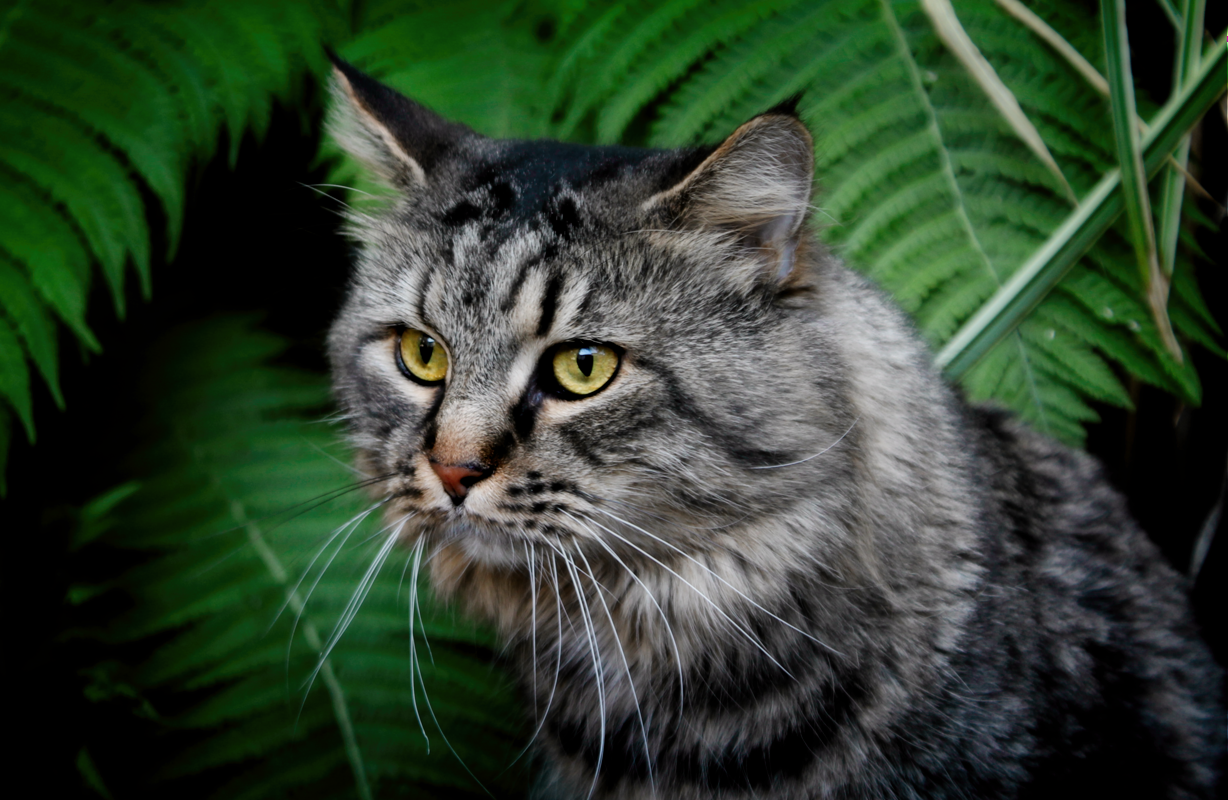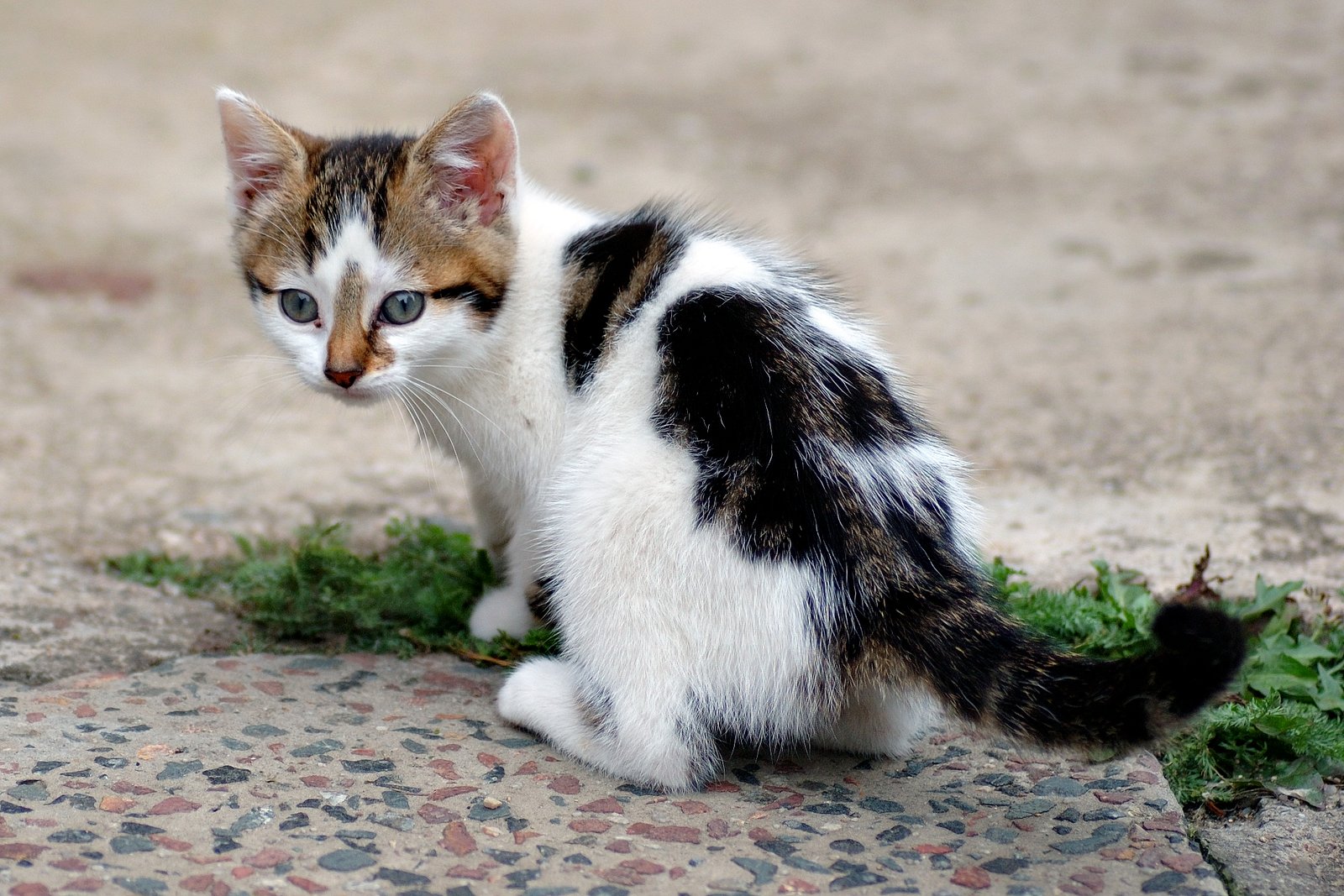Imagine waking up one day to find your once affectionate feline friend has suddenly become aloof and uninterested. The sudden change can be both puzzling and heart-wrenching, leaving you wondering what went wrong. Cats are known for their mysterious and independent nature, but when they turn emotionally distant overnight, it can be a cause of concern. Understanding the reasons behind this behavior can help cat owners navigate this perplexing situation with empathy and insight.
Changes in Environment

Cats are creatures of habit, and any alteration in their surroundings can lead to stress and anxiety. Whether it’s moving to a new home, rearranging furniture, or introducing a new pet, these changes can unsettle your cat. Imagine if someone suddenly rearranged your entire house while you were asleep; it would be disorienting, right? Similarly, environmental changes can make cats feel insecure, prompting them to withdraw emotionally. It’s crucial to give your cat time to adjust and provide familiar comforts, like their favorite blanket or toy, to help ease the transition.
Health Issues

A sudden shift in your cat’s behavior might be a sign of underlying health problems. Cats are masters at hiding pain, so if they’re feeling unwell, they may become less interactive. Conditions like dental issues, arthritis, or even an upset stomach can cause discomfort, leading your cat to seek solitude. Regular veterinary check-ups are essential to rule out any medical concerns. Just like when we don’t feel our best, we might not be in the mood for socializing, your cat might need some space to recuperate.
Emotional Sensitivity
Cats are more emotionally sensitive than they’re often given credit for. They can pick up on the emotions of their human companions, and significant changes in your life can affect them too. Stress at work, arguments at home, or even your own sadness can impact your cat’s behavior. It’s almost as if they’re emotional sponges, absorbing the vibes around them. Taking time to reassure and comfort your cat can help them feel secure and loved, even during turbulent times.
Natural Instincts
Despite being domesticated, cats still retain many of their wild instincts. In the wild, a cat’s survival often depends on its ability to remain vigilant and cautious. This instinctual behavior can sometimes manifest as emotional distance. They might retreat to a quiet corner, observing their environment for potential threats. It’s a reminder that beneath their cute and cuddly exterior, cats are still guided by primal instincts that can influence how they interact with their surroundings.
Age-Related Changes

As cats age, their behavior can change in surprising ways. Older cats might become less playful and more withdrawn, preferring to nap in a sunny spot rather than engaging in interactive play. This is a natural part of the aging process, much like how humans might slow down as they grow older. Understanding that your cat’s emotional distance could be age-related can help you adjust your expectations and provide them with the comfort and care they need during their golden years.
Past Trauma
Cats with a history of trauma or abuse may exhibit emotional distance as a defense mechanism. If your cat is a rescue, they might have lingering fears or anxieties from past experiences. This doesn’t mean they don’t love you; it’s just their way of protecting themselves. Building trust with a traumatized cat takes time, patience, and understanding. Providing a safe and nurturing environment can help them gradually open up and feel secure in their new home.
Lack of Stimulation

Cats are intelligent creatures that require mental and physical stimulation to thrive. A lack of enrichment can lead to boredom and withdrawal. Imagine being stuck in a room with nothing to do – it would be pretty dull, right? Providing toys, interactive playtime, and opportunities to explore can keep your cat engaged and prevent them from becoming emotionally distant. Sometimes, all it takes is a little creativity to reignite your cat’s curiosity and enthusiasm.
Individual Personality
Just like people, cats have unique personalities, and some are naturally more independent and reserved. It’s important to respect your cat’s individuality and not take their emotional distance personally. Some cats are simply more introverted and prefer solitary activities. Embracing your cat’s personality means recognizing that their aloofness might just be who they are. By accepting and loving them for who they are, you can build a stronger bond based on mutual understanding and respect.
Conclusion
In conclusion, understanding why some cats become emotionally distant overnight requires patience, empathy, and a willingness to explore various factors. Whether it’s a change in environment, health issues, or simply their natural instincts, each cat’s journey is unique. The key is to approach the situation with an open heart and a desire to provide the best care possible. What would you have guessed?

Growing up traveling and experiencing new cultures and wonders, I have had a passion for nature, adventuring, photography, and videography. I am currently working towards a BSc in Biodiversity and Ecology at Stellenbosch University, and I hope to specialise in Marine Sciences one day.
Please send any feedback to Feedback@animalsaroundtheglobe.com






